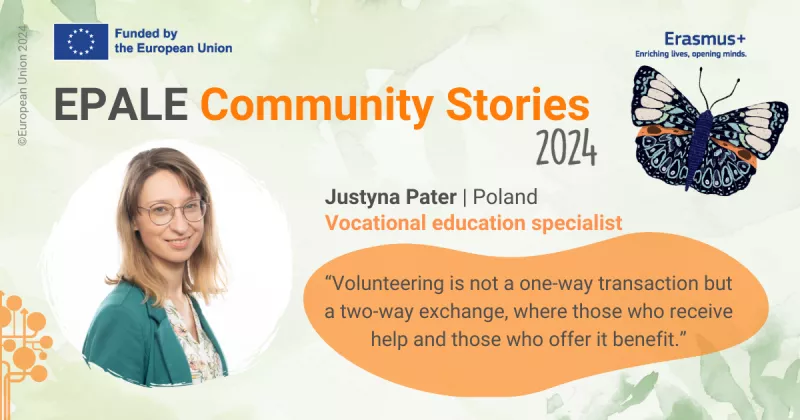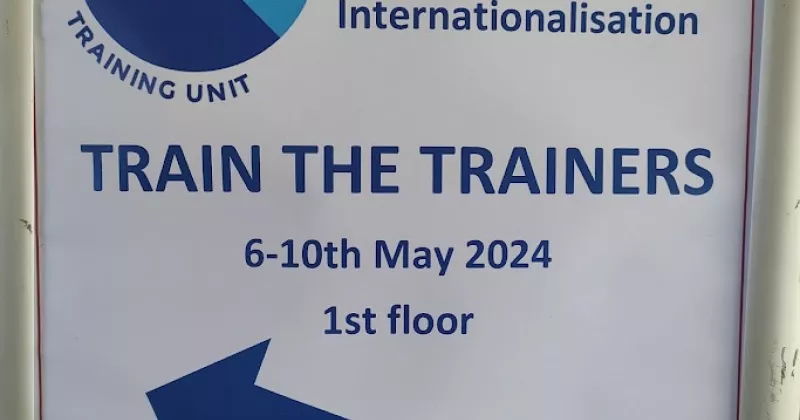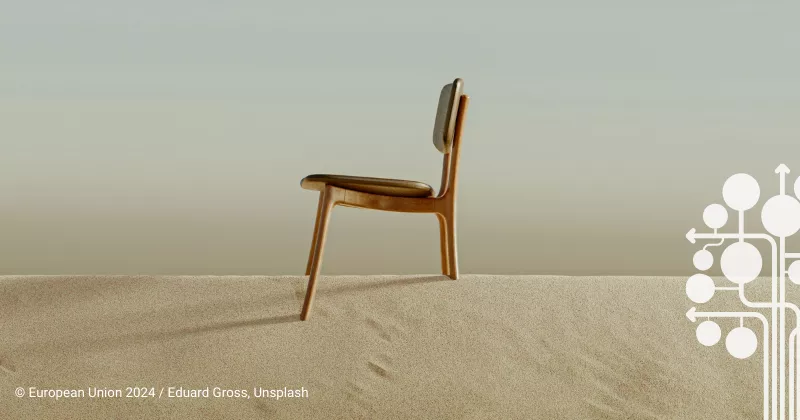Psychological support in Serbia during the COVID-19 pandemic

Health education is a type of non-formal adult education that plays a crucial role in times of crisis such as the COVID-19 pandemic. The article published on the website of the European Association for Adult Education explains how significant health education is for creating better public health practices vital for overcoming the crisis. Nonetheless, it is equally important to take into consideration the importance of accessible psychological education through counseling, which can help reduce the hazardous impact of the fear and isolation on people and provide immediate emotional relief for those affected the most by the uncertainties during a pandemic.
In circumstances that require strict measures of social distancing on an unprecedented scale, the only feasible alternatives to deliver psychological care and counseling are either by a specialized telephone line or through online consultations, particularly organized via video chat. Therefore, the European Federation of Psychologists’ Association has developed a set of guidelines for psychologists on how to conduct online consultations to provide support for people who experience constant anxiety, prolonged sadness, or other long-lasting reactions that adversely affect their job or interpersonal relationships, or at least bring them immediate stress relief and advise them how to seek further help from a mental health professional.
Organizing psychological support in Serbia as the pandemic spreads
In line with those guidelines, public institutions on both national and local levels, as well as various civil society organizations in Serbia, have organized publicly available psychological counseling within days after the crisis started. The Ministry of Health has opened national hotlines that would provide psychosocial support to all citizens in need, to reduce anxiety and depression rates in conditions of social isolation, as well as to avoid stigmatization of those infected by the virus. All affected groups, such as people in isolation and quarantine, families of infected persons, health care workers, and associates, will be provided support and information on ways to overcome stress and anxiety in times of epidemic. Also, the Free Psychological Counseling Center existing within the Belgrade Youth Center continues to function online in the state of emergency and remains open for anyone who needs to talk to a psychologist for feeling anxious, panic or depressed.
The psychological support has been organized also at the local level. The Institute of Public Health of the Autonomous Province of Vojvodina, in collaboration with psychologists of the Clinical Center of Vojvodina, has launched the psycho-counseling website Let's Talk from Home. Anyone interested can communicate with psychologists through Facebook messenger on the page Mental Health in the Age of the coronavirus. In the city of Niš, the Psychological Counseling Center at the Student Cultural Center has been working to assure accessible psychological support through an open telephone line or by the email not only to students but to all citizens who need this type of assistance, with special focus on people with disabilities. In Loznica, the Emergency Center established a psychological and pedagogical counseling center for citizens having a hard time staying in isolation. A different approach has been implemented by local Red Cross branches across the country, which are organizing psychosocial support through a telephone circular program. This method starts with a volunteer from the Red Cross making a call to the first elderly person in the circle, who then calls the second, and so on to the last one, who is tasked with calling the Red Cross and saying whether anyone needs any help. The goal is to reach out to as many potentially endangered individuals with limited human resources available.
Support for the especially affected groups
In providing the necessary support, special attention has to be paid to the most vulnerable groups. Elderly people are not only members of the society at the highest risk from the coronavirus but also are the most likely to be suffering from the lack of social contact, loneliness, and social isolation. These issues are often linked to poor mental health, increased disability, and earlier deaths. As an example of the good practice in providing help for the oldest citizens to overcome the period of self-isolation, the Gerontology Center in Subotica has introduced virtual psychological counseling via video call, which is available to users of the Gerontology Center and their families, as well as to all the other senior citizens.
Another group which needs special care are parents with young children. The Parents Association from Belgrade has opened an online info center for pandemic parenting concerns, which also incorporates a counseling center throughout the week, where psychologists are available to advise and support parents with problems and fears related to COVID-19. Also, the SOS line which was originally set up for reporting violence in schools and granting support for students has been temporarily reconceptualized to offer psychological help to parents and students dealing with the current crisis.
Finally, one of the groups struggling with a specific set of issues in this pandemic are members of the LGBT community. As explained on the website of the non-governmental organization To Know!, for many members of the LGBT community respecting measures of self-isolation involves prolonged exposure to the homophobic surroundings of their families and partition from their partners. Therefore, to support LGBT people during this crisis, the organization has launched a daily online chat support service. Through this platform, LGBT people can report if they have experienced violence or discrimination and want to report it, or in case they need any type of psychological support.





Nice article
Thanks for the info.